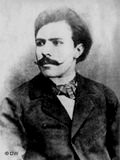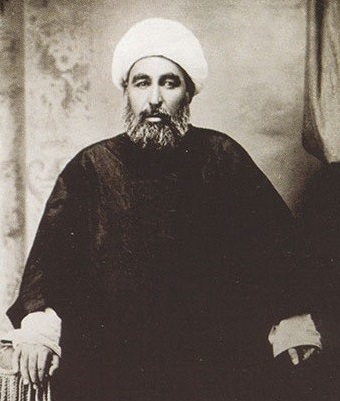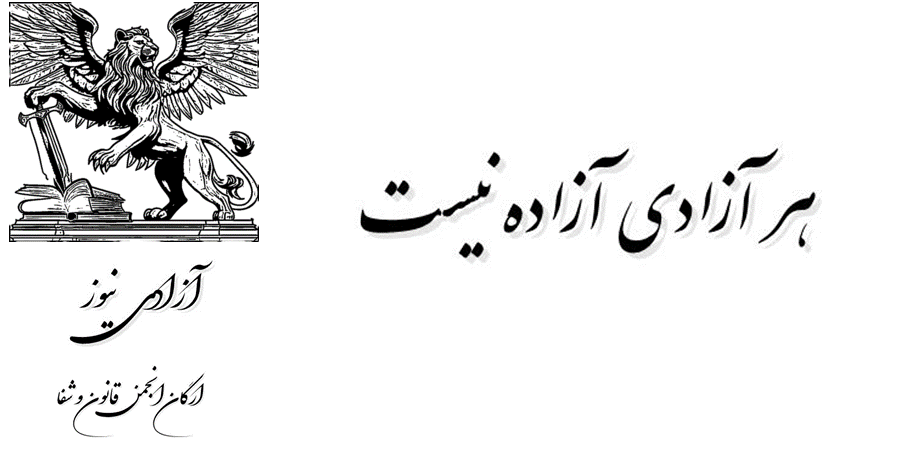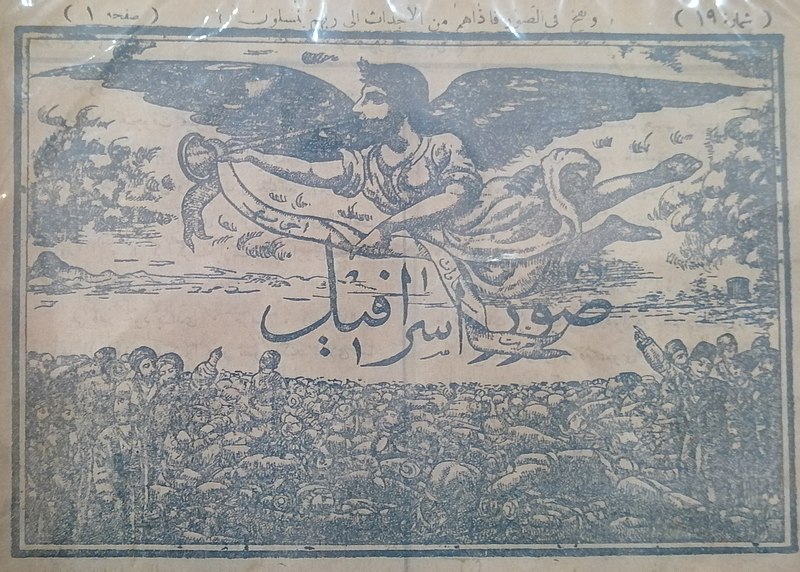From a temporal perspective, there exists a moment when a distinction between humans and non-humans can be made with the unarmed eye. Since ancient times, such moments have been termed as resurrection, Armageddon etc. .
The method of distinguishing between human and non-human lies in the collective wickedness in the heinous mass murder of children and their encouragement by another group. However, this is merely one sect of demons in resurrection; others have a penchant for the destruction of lives, property, land, and the honor of their own people, whom Sun Tzu (the war strategist and author of The Art of War) refers to as Evil warriors. Although the latter is a factor of time and has endured centuries of humiliation, apartheid, discrimination, injustice, and inequality by Israel, America, and their satellite nations, we can never be certain in judging their actions as nations in suffering, for pain justifies many acts, the tally of which is kept by the heavenly and not us, the fallible humans.
However, there were those in this moment who, in the context of the reign of Jahangir Khan Sur Esrafil among other groups of resurrection, aspired for freedom and national and supra-national development, making them heirs to Sur Esrafil and the Malek al-Motekalemin.
Who was Mirza Jahangir Khan Sur Esrafil?
Mirza Jahangir Khan Shirazi, son of Agha Rajab Ali, was born in 1292 AH in Shiraz. His father passed away during his childhood, and his aunt took care of him. He was five years old when he came to Tehran with his aunt and uncle. At the age of fourteen, he returned to Shiraz and pursued his studies there. He acquired the preliminaries of literature, logic, and mathematics from the scholars of his time and went to Tehran in 1311 AH to study modern sciences and arts at Dar al-Funun and other higher schools in Tehran. It was during this time that the constitutional movement began. He also found his way into Iranian associations and assemblies. Mirza Jahangir Khan, with the capital of Mirza Qasem Khan Tabrizi and the collaboration of Mirza Ali Akbar Khan Qazvini (Dehkhoda), published a newspaper called “Sur Esrafil (Israfil`s Trumpet)” which became the source of many developments in his time. The Sur Esrafil newspaper faced problems; its writers were accused of apostasy several times, and the newspaper was confiscated several times. Mirza Jahangir Khan, who had become known as Sur Esrafil Khan due to the publication of a newspaper by the same name, was murdered in his garden. Dehkhoda composed his famous poem “Remember the Dead Candle” in his memory.

Mirza Jahangir Khan Sur Esrafil
About Mirza Nasrallah Khan Beheshti (Malek Almotakalmin)
Haj Mirza Nasrallah, the son of Mirza Mohsen Baheshti (Malek Almotakalmin), was a famous preacher, speaker, and journalist of the constitutional period. He was born in Isfahan in 1277 AH. He studied under Mullah Salih Fereidani and became a preacher at the age of 22. He performed the pilgrimage to Mecca and visited India, where he resided for two years and authored a book titled “From Creation to Truth” to awaken Muslims. After the publication of this book, he was exiled from India by the British and came to Iran. During the constitutional revolution, he delivered speeches and lectures to awaken people’s minds. After being arrested and taken to the Royal Garden, Mohammad Ali Shah went there and spoke against the detainees. Malek Almotakalmin replied to him, “O King, my effort was to bring Iran out of this darkness of ignorance, poverty, and misery into the ranks of great nations of the world,” and continued addressing the people present there, “I do not know how valuable this corrupt blood flowing in your veins is that you do not want to shed a drop of it for the sake of dignity, honor, homeland salvation, and freedom acquisition. You have become accustomed to debasement, submissiveness, and enduring injustice to the extent that you submit to any humiliation. Every freedom-loving individual has a duty to uproot this old tree of despotism; otherwise, he will destroy our foundation and constitutionalism.” Malek Almotakalmin and his comrade Mirza Jahangir Khan Sur Esrafil were buried in the Royal Garden (Bagh Malek) after their martyrdom.

Malek Al-motakallemin
The ancient tree of Iranian despotism is today irrigated more than ever with blood, and its trunk remains firm. However, this tree resists fundamental changes, imposition of international apartheid by colonialists and capitalists, against the backdrop of oppression and tyranny. Whoever embarks on the path of freedom will not stop except with three things: the first is martyrdom, the second is victory, and the third is treason. Those who yearn for overthrow must irrigate with much blood if they want to plant another sapling, and those who oppose reforms make the path to victory harder and the blood of freedom-seekers cheaper.
Reforms, in various degrees, are achieved through connection and abstaining from insults and disrespecting each other’s values. We see Sur Esrafil and Molk Almotakalmen standing in history, like a cross or helpers of those who seek to elevate the countries of the Middle East to a position where neither the stigma of despotism nor the shame of colonization rests on their shoulders.
Amirali R. Davoudpour
Secretary of the Law and Healing Society

